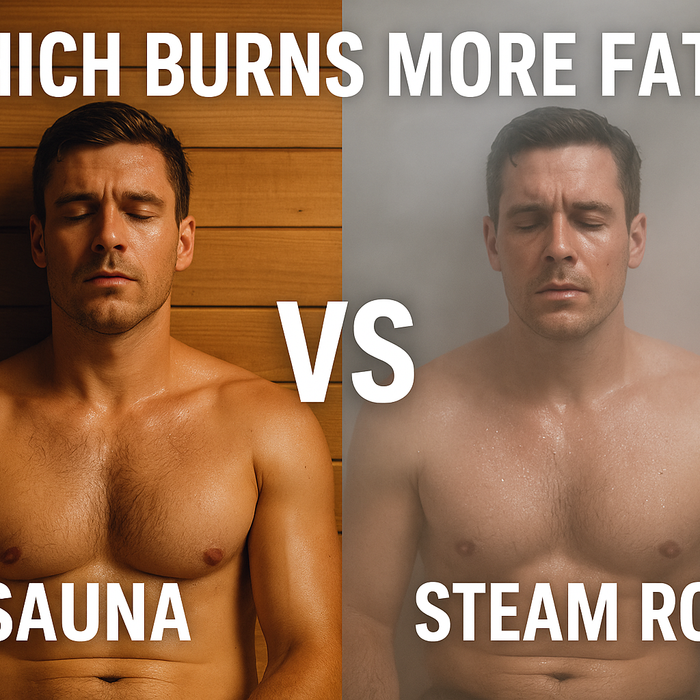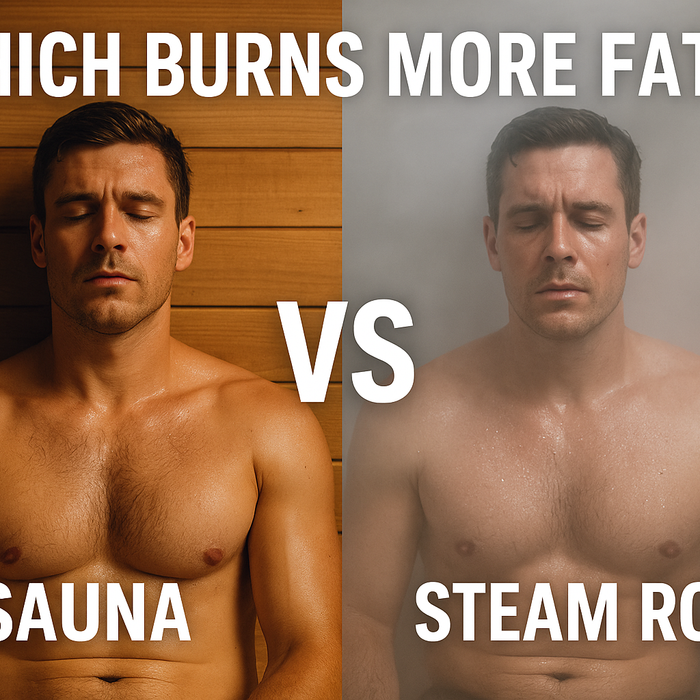Installing a sauna in your home, gym, or commercial space may require permits and inspections to ensure compliance with local building codes, electrical regulations, and zoning laws. Failing to secure the necessary permits can result in fines, delays, or removal of the sauna.
This guide covers when you need a permit, which permits are required, and how to check local requirements before installing your sauna.
1. Do You Need a Permit to Install a Sauna?
The need for a permit depends on:
When You May Need a Permit
✅ Custom-built indoor saunas (framing, insulation, wiring, and ventilation).
✅ Outdoor saunas that require a foundation, electrical, or plumbing work.
✅ Commercial saunas in gyms, spas, or wellness centers.
✅ Sauna installations requiring new electrical wiring (240V for electric heaters).
✅ Sauna additions that modify an existing structure.

When You May Not Need a Permit
❌ Pre-built, plug-in infrared saunas that use a standard 110V outlet.
❌ Sauna blankets and portable infrared saunas.
❌ Small prefabricated outdoor saunas placed on an existing deck or patio.

2. Types of Permits Required for Sauna Installation
Building Permit
A building permit is required if your sauna involves structural modifications such as:
-
New framing, walls, or insulation inside a home.
-
Adding a sauna to an existing structure (e.g., converting a closet into a sauna).
-
Constructing an outdoor sauna that requires a foundation or permanent structure.
Check with your local building department to see if small, prefabricated sauna kits require approval.
Electrical Permit
An electrical permit is needed if your sauna requires:
-
Hardwired 240V electrical connections for traditional electric sauna heaters.
-
Dedicated circuits or high-amperage wiring.
-
Upgrading your home’s electrical panel to handle a sauna’s power requirements.
Infrared saunas that plug into a standard 110V outlet do not require an electrical permit.

Plumbing Permit
A plumbing permit may be needed if:
- You install a steam sauna that requires a water supply and drain.
- Your outdoor sauna includes a water tank or shower.

Zoning & Land Use Permits (Outdoor Saunas)
If installing an outdoor sauna, check your local zoning laws for:
-
Setback requirements (distance from property lines and structures).
-
HOA restrictions if applicable.
-
Permit exemptions for portable or small outdoor saunas.
Some municipalities classify small, prefabricated outdoor saunas as accessory structures, which may not require a permit if they are below a certain size.

3. How to Check Local Sauna Permit Requirements
Step 1: Contact Your Local Building Department
- Visit your city or county government website and check the permit section.
- Call the building and planning department to ask about sauna installation permits.
Step 2: Determine the Type of Sauna You’re Installing
-
Infrared saunas (plug-in models) typically do not require a permit.
-
Traditional saunas with electric heaters may need an electrical permit.
-
Outdoor saunas may require zoning approval, foundation permits, and electrical inspections.
Step 3: Submit Permit Applications if Required
- Fill out the necessary permit applications for building, electrical, or plumbing work.
- Submit sauna dimensions, installation plans, and electrical load details.
- Pay any required permit fees and schedule inspections if needed.

4. Permit Considerations for Commercial Saunas
If installing a sauna in a gym, spa, or wellness center, additional permits and compliance requirements apply:
-
Commercial building permits for large sauna rooms.
-
ADA compliance for accessibility.
-
Ventilation and fire safety requirements for enclosed sauna spaces.
-
208V/3PH electrical requirements for commercial sauna heaters.
For commercial setups, the Harvia Club Electric Sauna Heater is a great choice, as it meets continuous-use requirements and is available in 208V/3PH for commercial saunas.

5. Common Permit FAQs
Q: Can I install an infrared sauna without a permit?
A: Yes, as long as it is a plug-in model using a standard 110V outlet.
Q: Do outdoor saunas always require a permit?
A: Not always. Prefabricated saunas under a certain size may be exempt from building permits but may still require electrical or zoning approval.
Q: How long does it take to get a sauna permit?
A: Approval times vary by location but typically range from a few days to several weeks, depending on permit complexity.
Q: Can I install a 240V electric sauna heater myself?
A: No, a licensed electrician should handle the wiring and permitting for safety and code compliance.
Final Thoughts
Before installing a sauna, check local building, electrical, and zoning codes to determine if permits are required.
-
No permit needed: Plug-in infrared saunas and sauna blankets.
-
Permit likely required: Custom-built, hardwired electric, and outdoor saunas.
-
Additional approvals: Commercial saunas in gyms and spas.
For permitted sauna solutions, explore:
Checking with your local building authority before installation will help ensure a smooth, hassle-free sauna setup while keeping your project compliant with safety and construction regulations.












Dejar un comentario